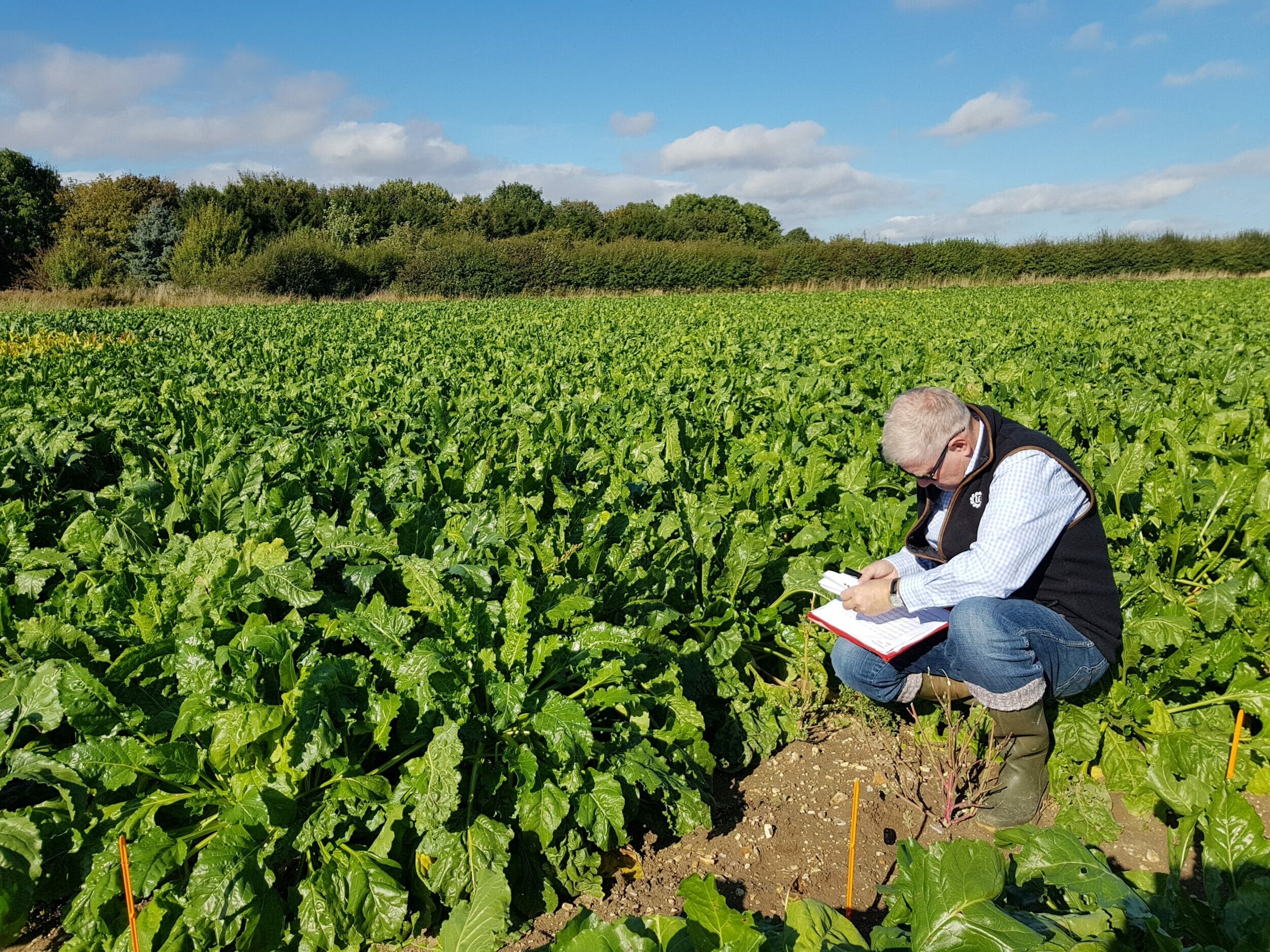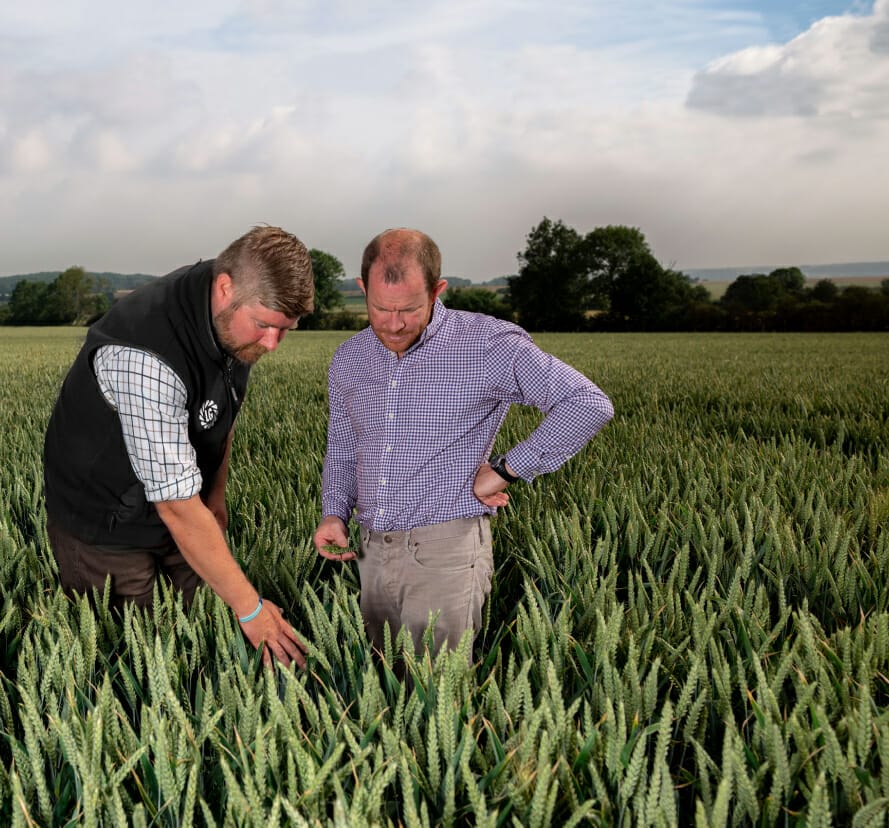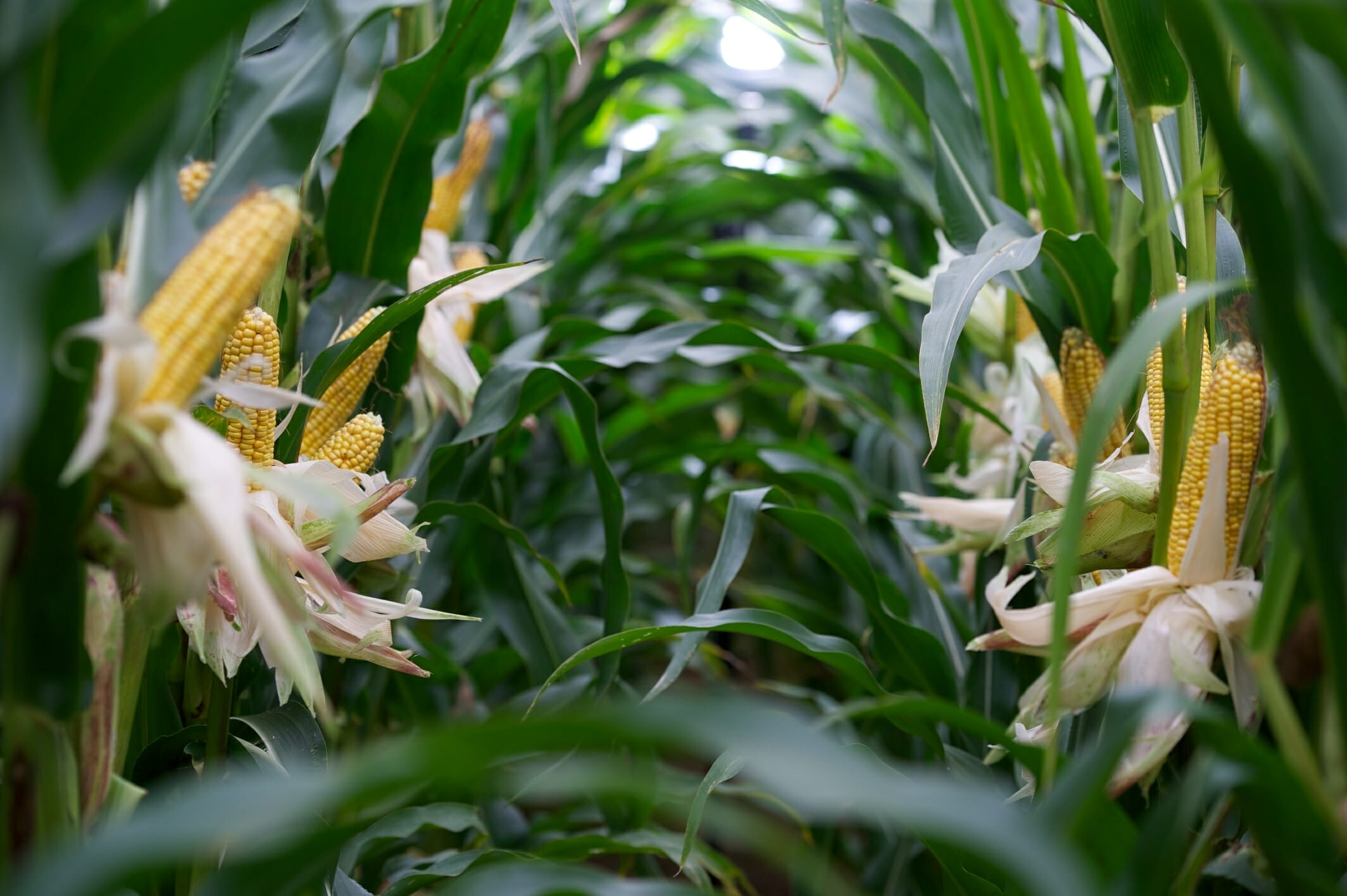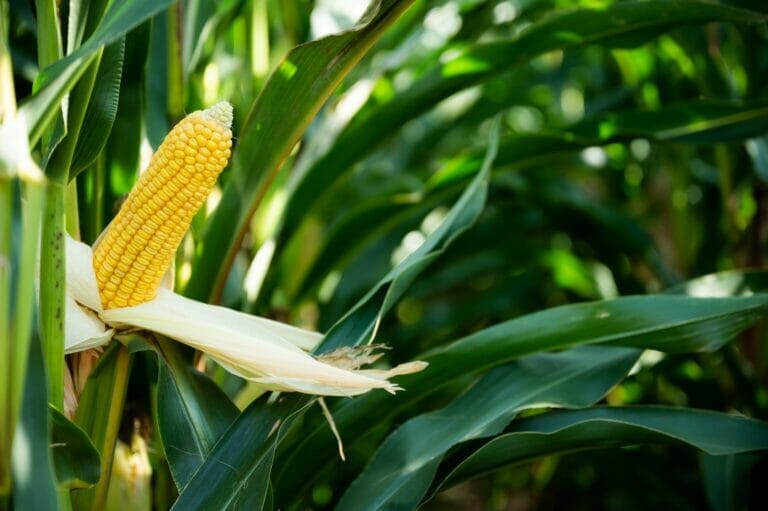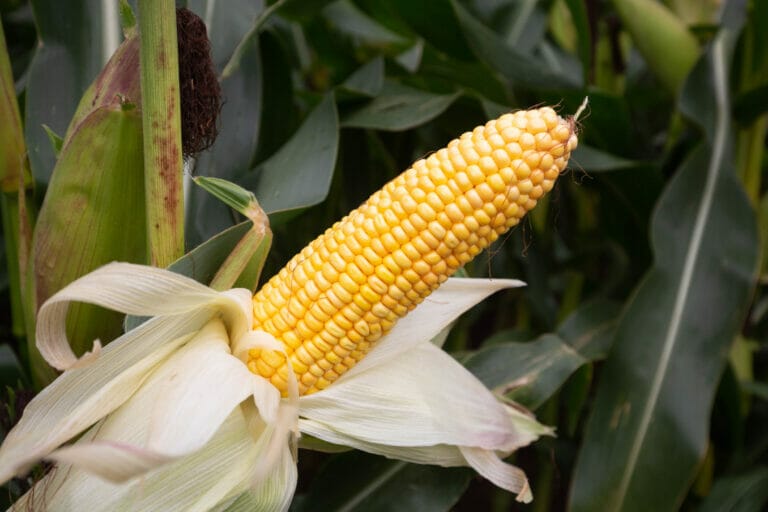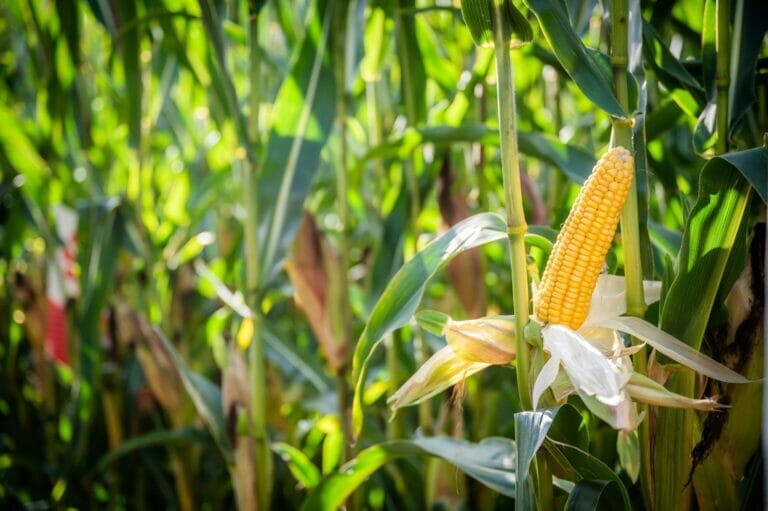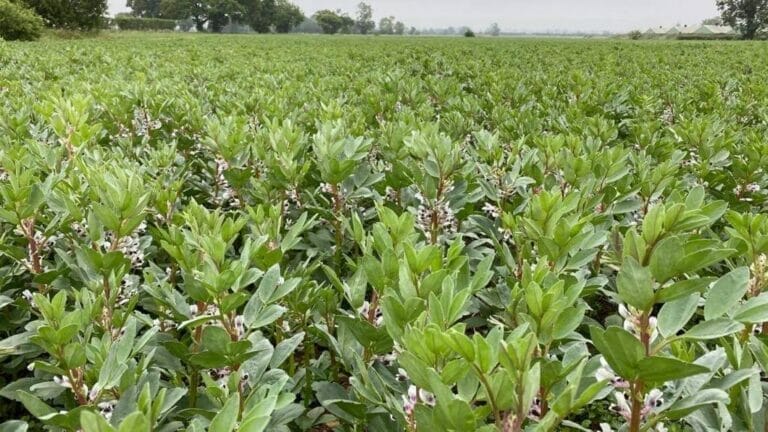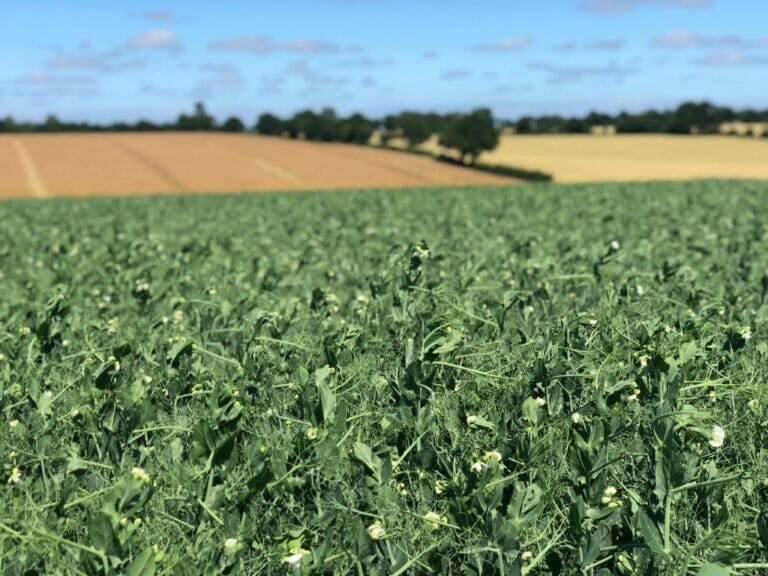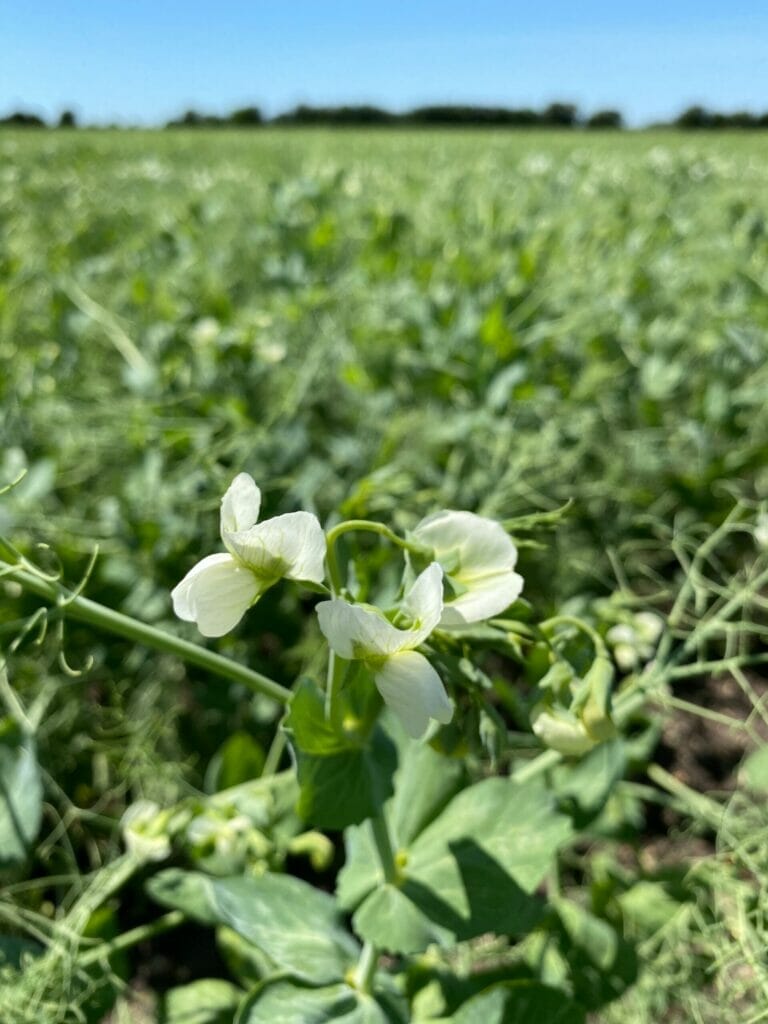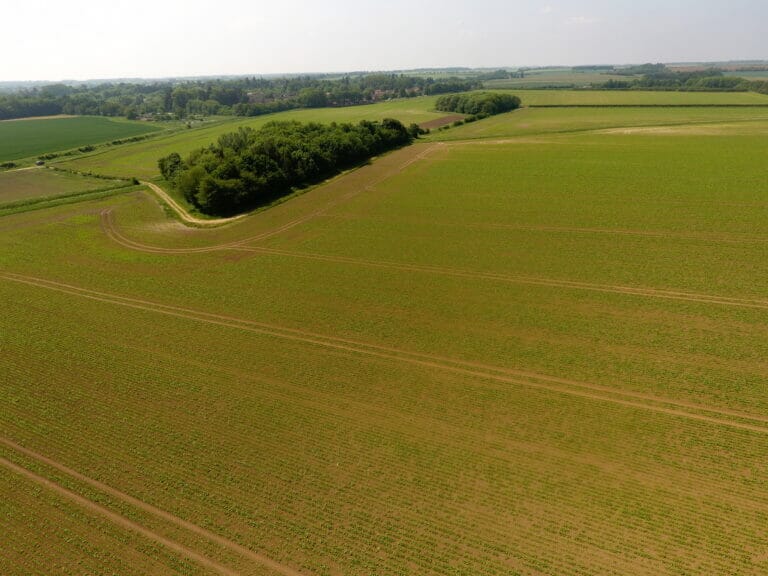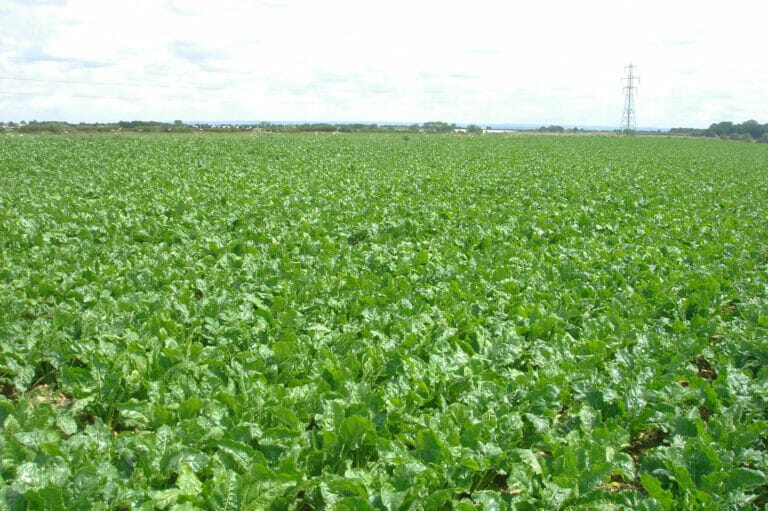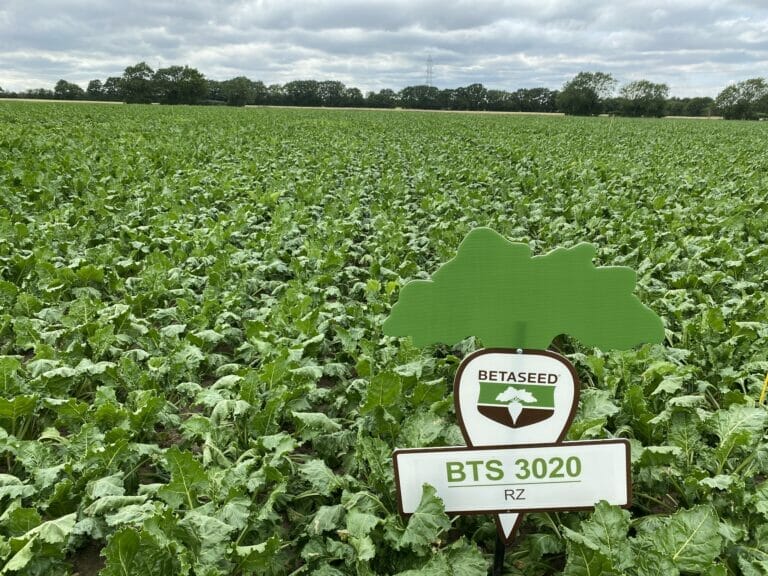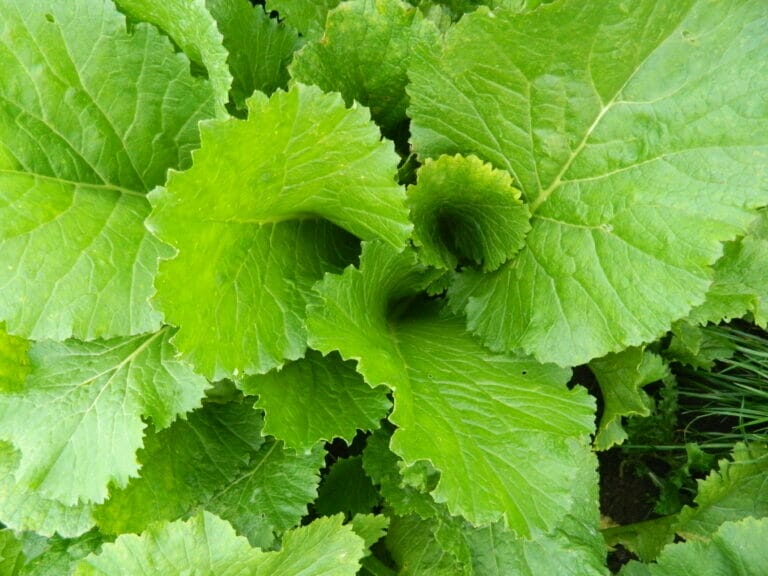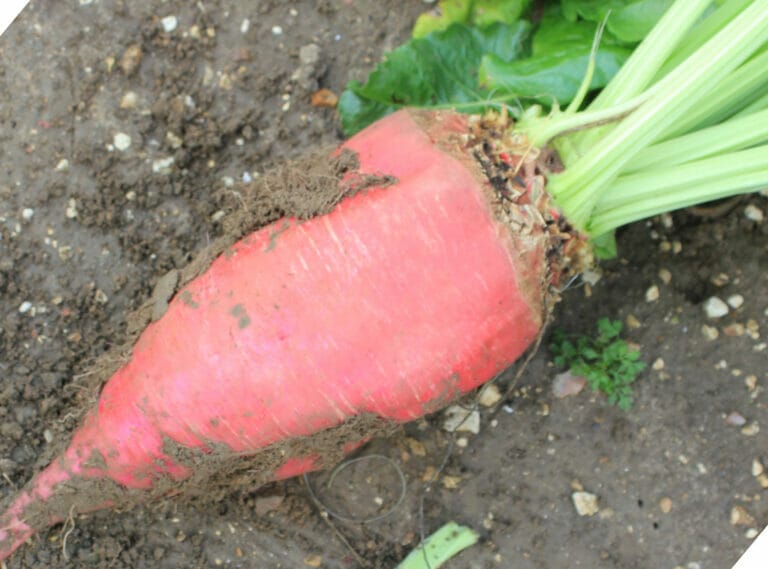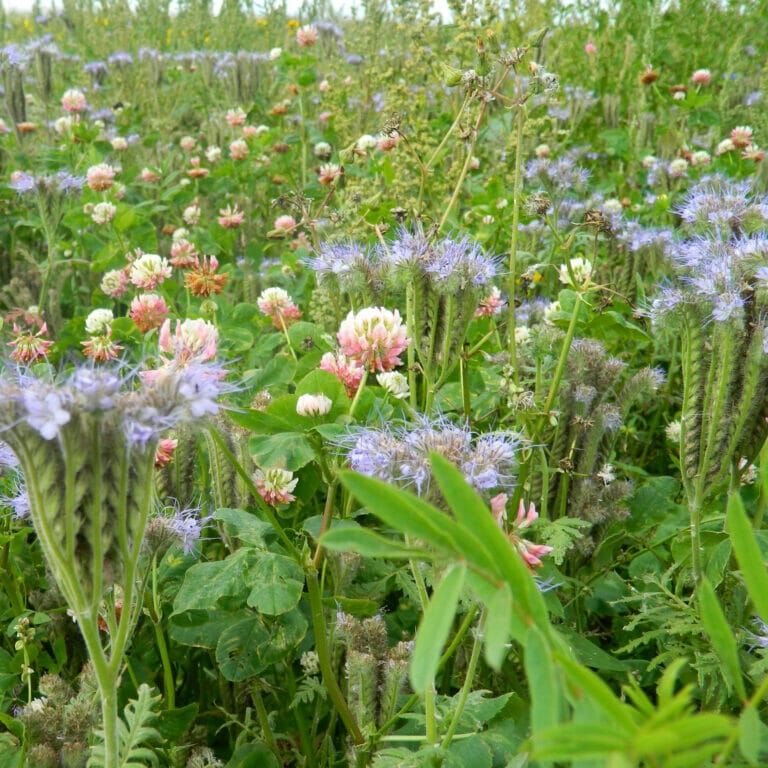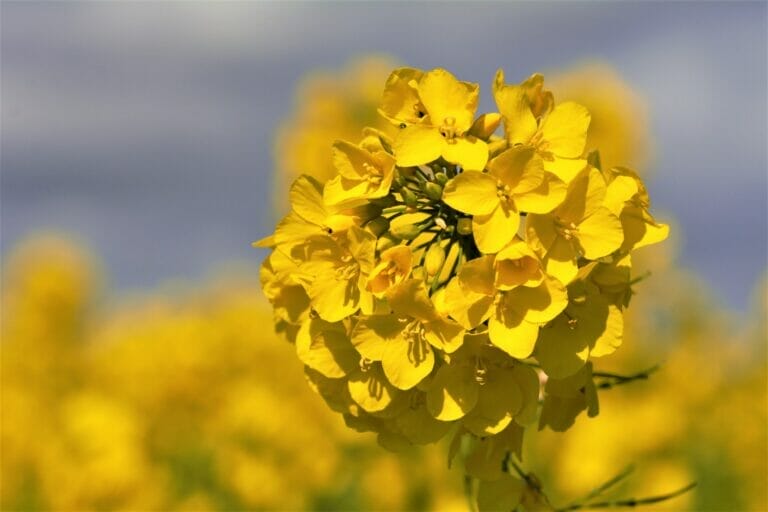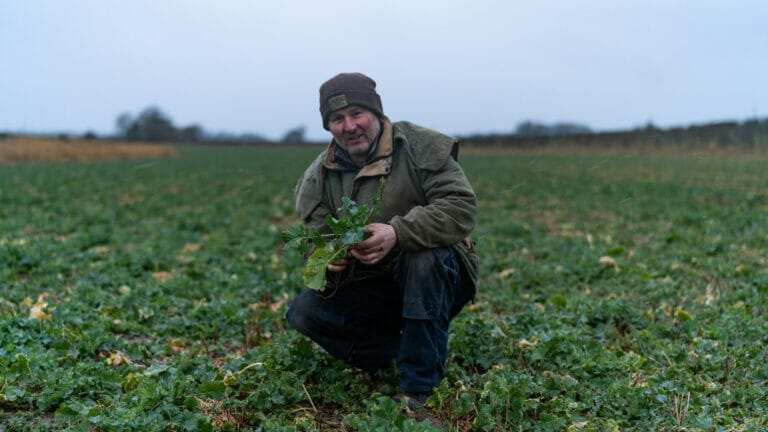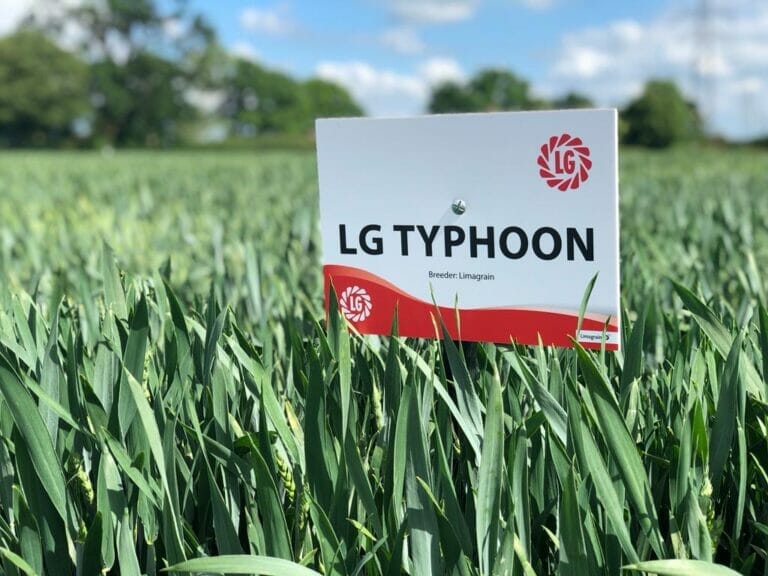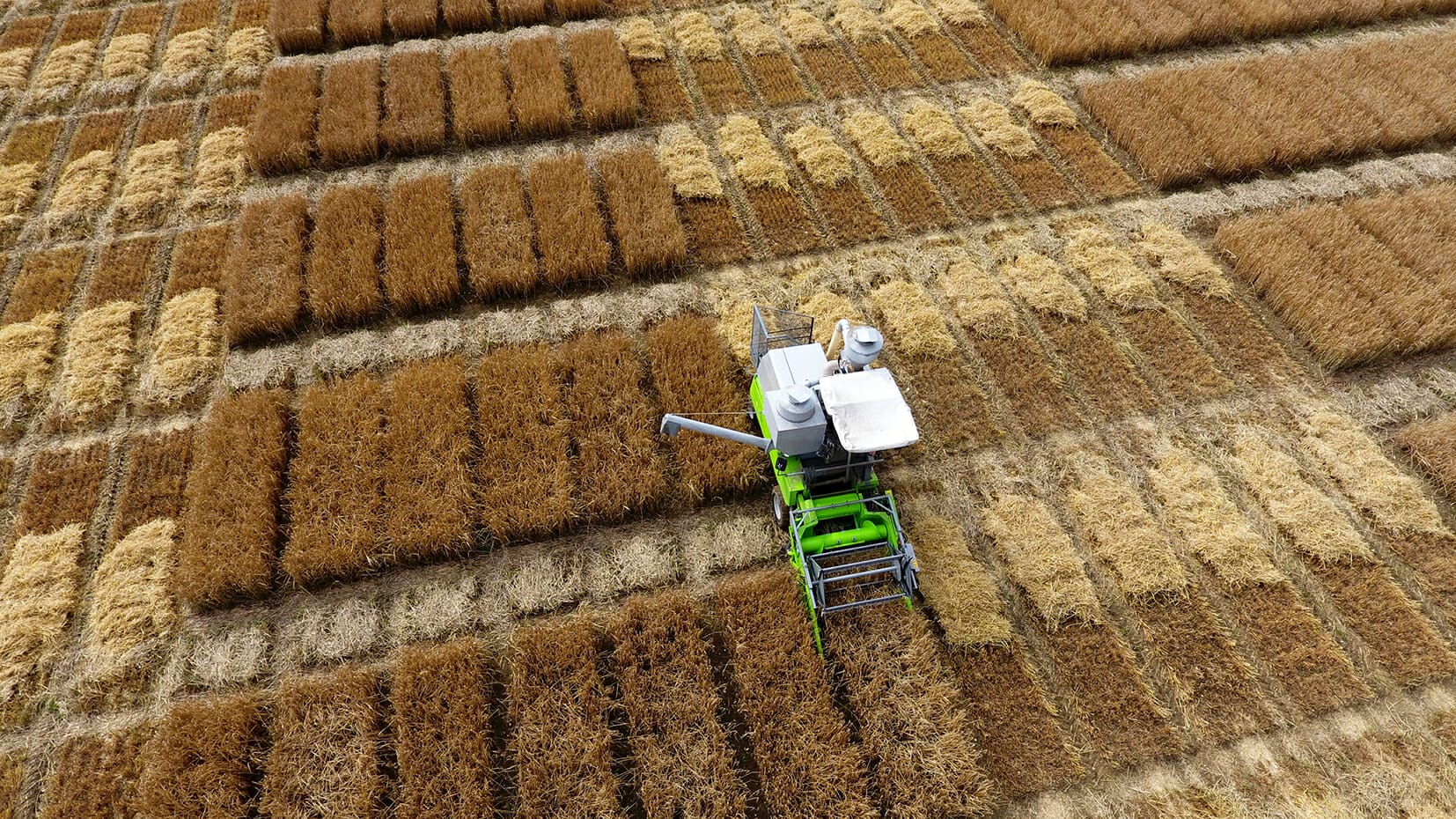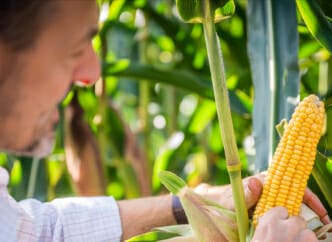Limagrain UK is announcing the addition of two new sugar beet varieties to the BBRO Recommended List for 2014. Both varieties â Master and Pamina â are high yielding in their respective market segments and represent a âstep forwardâ in terms of output and management ease.
Master is a Rhizomania resistant variety combining good establishment habits and strong disease ratings making it easy to manage. With a yield of 101.8% of controls it is the third highest yielding variety on the list, but with a score of 7 for rust and a 5 for mildew it is offers the best disease resistance of any of the top-rated varieties.
âMaster is an exceptional variety,â says Limagrain sugar beet consultant Bram van der Have. âIt features top line performance for yield, sugar content and establishment. To combine these attributes with excellent disease scores represents a step forward in all-round variety performance,â he adds.
âIts disease resistance will be welcomed by growers looking to spread the spraying workload among more susceptible varieties and those who like to lift later in the season. An excellent establishment score that is in excess of the mean of the control varieties will give growers the confidence that Master has the vigour needed to get going even in challenging situations.â
Master is likely to appeal most to those with large areas to plant or who find crops perform best when drilled at normal timings,â he adds.
Figure 1 summarises Masterâs position. A very high sugar content variety that is likely to appeal to the sugar processor and a very high adjusted tonnage variety which should make it equally attractive to the professional sugar beet grower. The other variety to be offered from Limagrain UK in 2014 is Pamina and like Master it is bred by Betaseed GmbH, the European arm of the most successful sugar beet breeder in the US, for whom Limagrain is the marketing agent in the United Kingdom.
Pamina is one of five varieties on the list to offer Beet Cyst Nematode tolerance and combined with its Rhizomania resistance and sound agronomic package is likely to be highly prized by those with land confirmed with, or suspected of being infested with, BCN. In RL trials on uninfested sites Pamina produced a worthy performance of 95% of controls; a very competitive performance for a BCN tolerant variety and putting it among the top three varieties in this category.
âPamina is a strong variety combining excellent yield potential with the highest sugar content of any BCN-resistant variety at 18.79%. Add to this its exceptional bolting performance and good establishment and Pamina is a variety that can be sown with confidence over a wide timespan,â says Limagrain UK sugar beet consultant Bram van der Have.
A 2011 BBRO survey of fields with a known history of BCN found that infection in the UK to be widespread, although still at a low level and often not uniform across fields. Continental data shows that in cases of heavy infections BCN tolerant varieties, such as Pamina, can give yield benefits of up to 30% compared with standard non-BCN tolerant varieties.
âGrowers in the UK will have to use a combination of soil sampling, BCN testing and, where infection levels in excess of 5% are evident, consider whether to use resistant varieties, such as Pamina, in either part or the whole field,â says Bram van der Have.
âBreeding developments have led to the latest BCN tolerant varieties featuring yield potential close to some of the standard varieties. This gives growers with BCN infection at least some armour in their fight against this pest,â he says.
âGrowers with BCN problems also have a bio-fumigation control option available by the cultivation of crops for nematode reduction such as: Doublet Oilseed Radish, Smash Mustard or Adios Fodder Radish and if interested in such control measures, which are widely used in Northern Germany and the Benelux countries, should contact their seed supplier for specific advice.â

